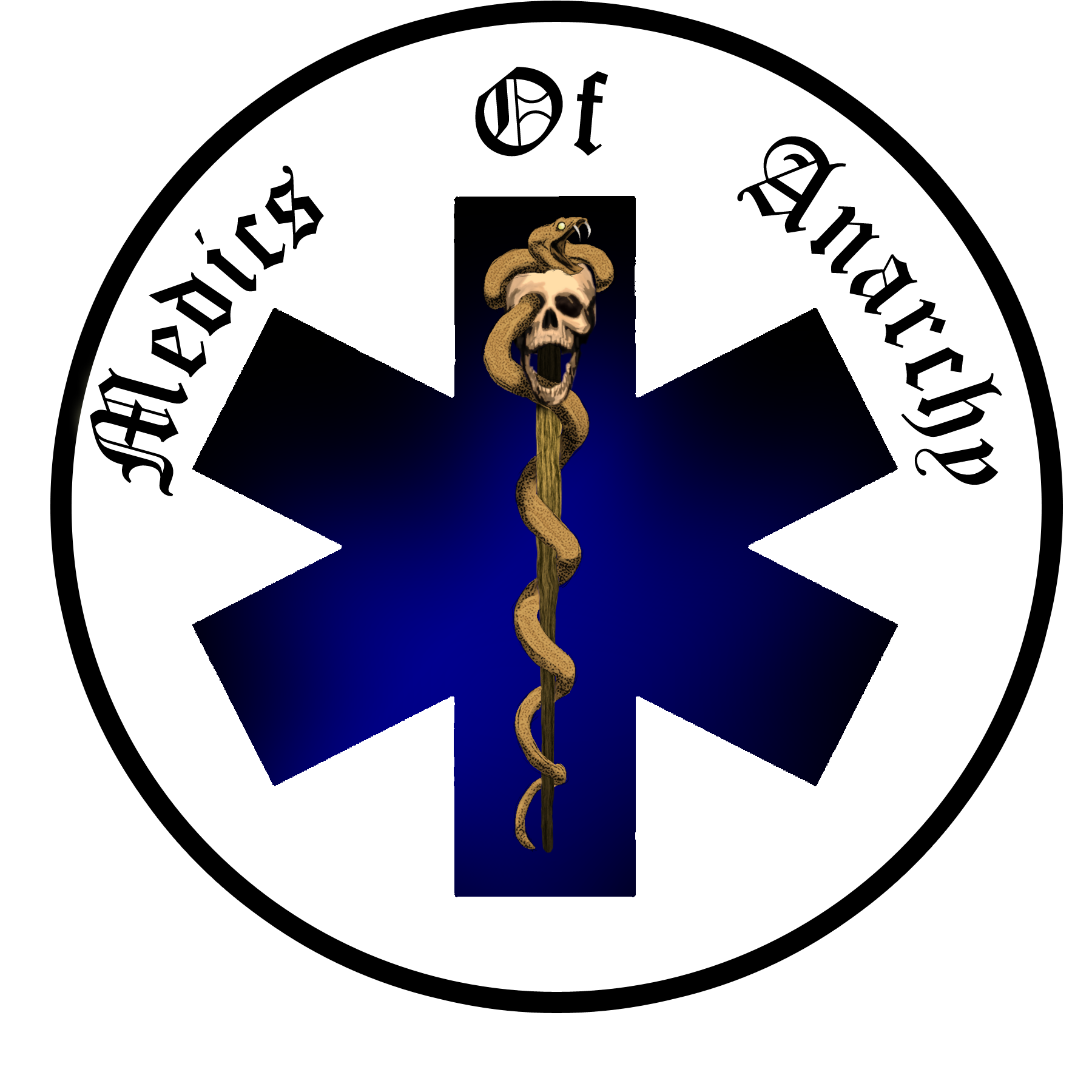Why YSK: If you’re injured or ill but it’s not life or limb threatening and you decide to call an ambulance thinking it’ll be faster and you’ll be seen first… WRONG. Ambulance crews very frequently will advise the hospital staff that you “can wait”. Then we’ll plop you into a wheel chair and push you into the waiting room with everyone else.
If you want to be treated sooner, arrive with a more serious injury.
spoiler
I do not recommend this.
Congratulations! You actually just learned about triage.
When we called an ambulance for my wife, they were able to diagnose her on the way in and she went straight into a room for immediate care. It was urgent.
Ambulances are not a Fast Pass to be seen. They’re medical care on the way to the hospital.
At the same point though, isn’t that like the ambulance crew acting like a first step of triage? Like it sounds like they’re doing their job, assessing your security and prioritizing those that do need it? I mean if you have a broken arm or feeling not well and called an ambulance, i want to be taking care of the guy that came in coding and needing CPR not focusing on someone who will likely be alive in the next minute, compared to the guy who isn’t breathing
This is quite true, with one exception: It would be very wrong for any medic or EMT to tell a receiving nurse “that you can wait”. I am a paramedic in Virgina, USA, and that’s not how we do things. We deliver the patient to the ER, tell the nurse the patient’s chief complaint, our findings, and any other pertinent information. We do not presume to diagnose the patient or suggest treatment modalities or strategies. The nurse passes our information and any new findings to the doctor. It is ALWAYS the doctor who tells the nurse to find a staff member to wheel a non-emergent patient out of the emergency room. very often, as you point out.
When hubby & wife meet you at end of driveway. Hubby has “flu like symptoms” and wifey follows the ambulance for the 2.5 minute ride to the ER… you better believe the first words out of my mouth to the triage nurse will be: “This guy can wait.”
this seems quite country specific. Care sharing which one?
Triage is common throughout the world. I don’t believe anywhere will ambulance service automatically get you seen sooner.
i think you could be surprised how different things can function in a country different than the US. Especially the medical system. So it could be interesting to have that conversation. I work in the medical field but nowhere near a hospital so can’t bring much
I’ve had to take ambulances many times in my country, and it’s the same here. Triage is triage, I would be shocked if it worked differently… anywhere. If ambulances got you seen faster, it would be at the expense of someone who needed treatment more, and that’s bad from both a healthcare perspective (you will save fewer patients) and a financial perspective (dead patients don’t pay).
That’s fair and logical arguments. But I guess you are already kind of treated in the ambulance, and if it’s not long to finish treating you fully after that, would they do it so they can dismiss you and focus on the rest of the patients?
Ambulances don’t really “treat” you, except in the simplest of cases. A paramedic/EMT is not a doctor. Their training is largely in stabilizing you, that is, making sure you don’t die before you get to the hospital, where you enter the triage system. They haven’t treated you, they’ve only done their best to keep the problem from getting worse. (I’m not saying this isn’t a valuable skill, just that it’s not the same as “kind of treating” you)
Also… In the US a lot of people don’t want to call an ambulance because of the cost, BUT it doesn’t cost anything for them to show up and assess whether you need to go in an ambulance or not. So if you are in a potentially life threatening situation, you should call 911. They can show up, potentially save your life, and then have a friend transport you.
It isn’t common but some places do charge for an “assessment” in the US. It’s relatively cheap compared to a transport, like $50-75 at least that’s what I know from my experience and I’ve only ever worked at one place that did that.
It isn’t common but some places do charge for an “assessment” in the US. It’s relatively cheap compared to a transport, like $50-75 at least that’s what I know from my experience and I’ve only ever worked at one place that did that.
Oh? Here in Canada the paramedics actually stay with you until you get admitted.
Yeah, that’s what they did with me when I went in a couple of weeks ago here in Australia (non-critical car accident). The paramedics hung around and I stayed on their ambulance stretcher until I went into an Emergency bed.
My experience dealing with healthcare, ambulances and hospitals in Canada.
No matter how you get to the hospital, ambulance, driving yourself, taking a cab, etc. When you get there, a triage attendant will check your condition for severity. If you have something that can kill you quickly (abnormal heart rate, extreme high or low blood pressure, signs of a stroke, difficulty breathing), uncontrollable bleeding, some sort of penetrating injury (shot, stabbed, impaled, etc) they’ll bring you in immediately.
If it’s something not as critical (broken appendage, bleeding which can be controlled by pressure, etc., unspecified pain), you’re going to wait until anyone in the first category has been taken care of first.
Count your blessings if you have to wait, it means whatever you have is not that bad. May be in a lot of pain and otherwise suck, but it’s probably not life threatening.
When I went to a hospital with a heart arrhythmia, they didn’t break stride as they brought me in and hooked me up to many machines to monitor everything. That’s an “oh, crap!” moment. I’d much rather be told I had to wait for a bit, means it’s not too bad, and I can keep occupied as long as my phone battery holds-out.
At least in Canada, it will be cheap, if not totally free. Had heart surgery that would’ve cost $80,000k in the US. In Canada? I complained about paying for parking for the day.





